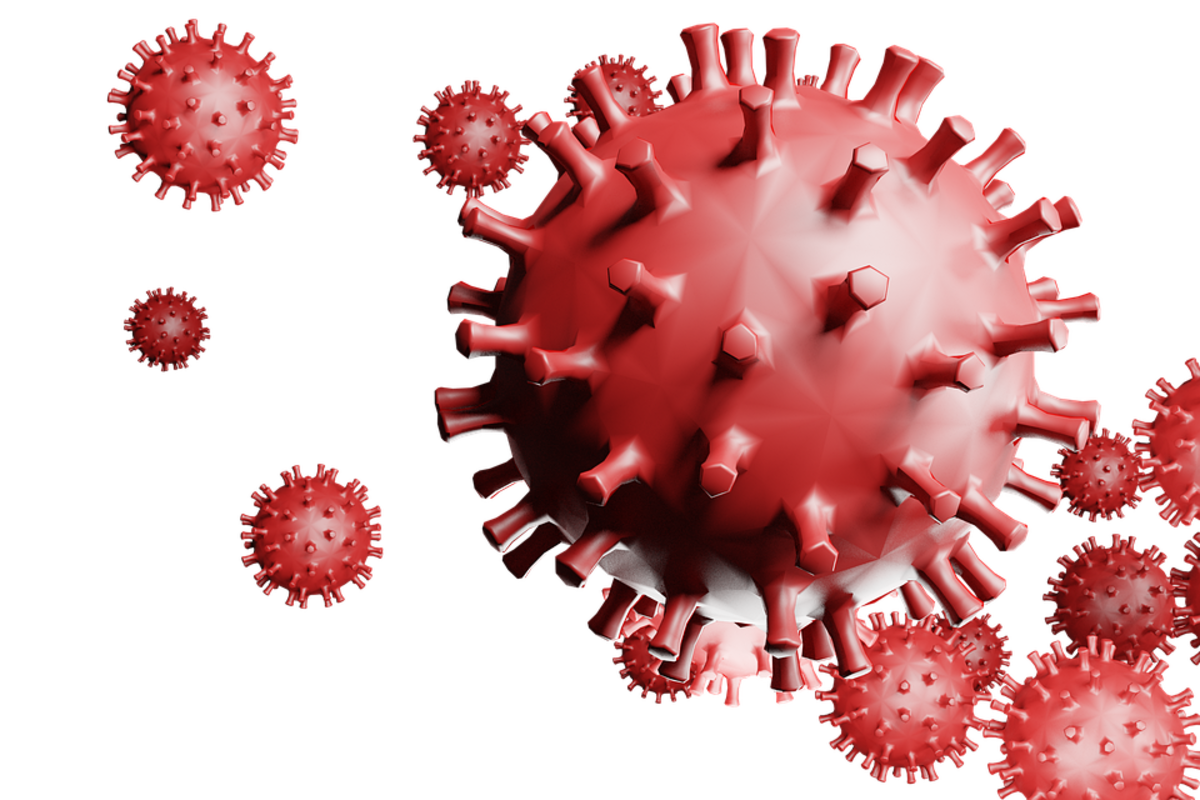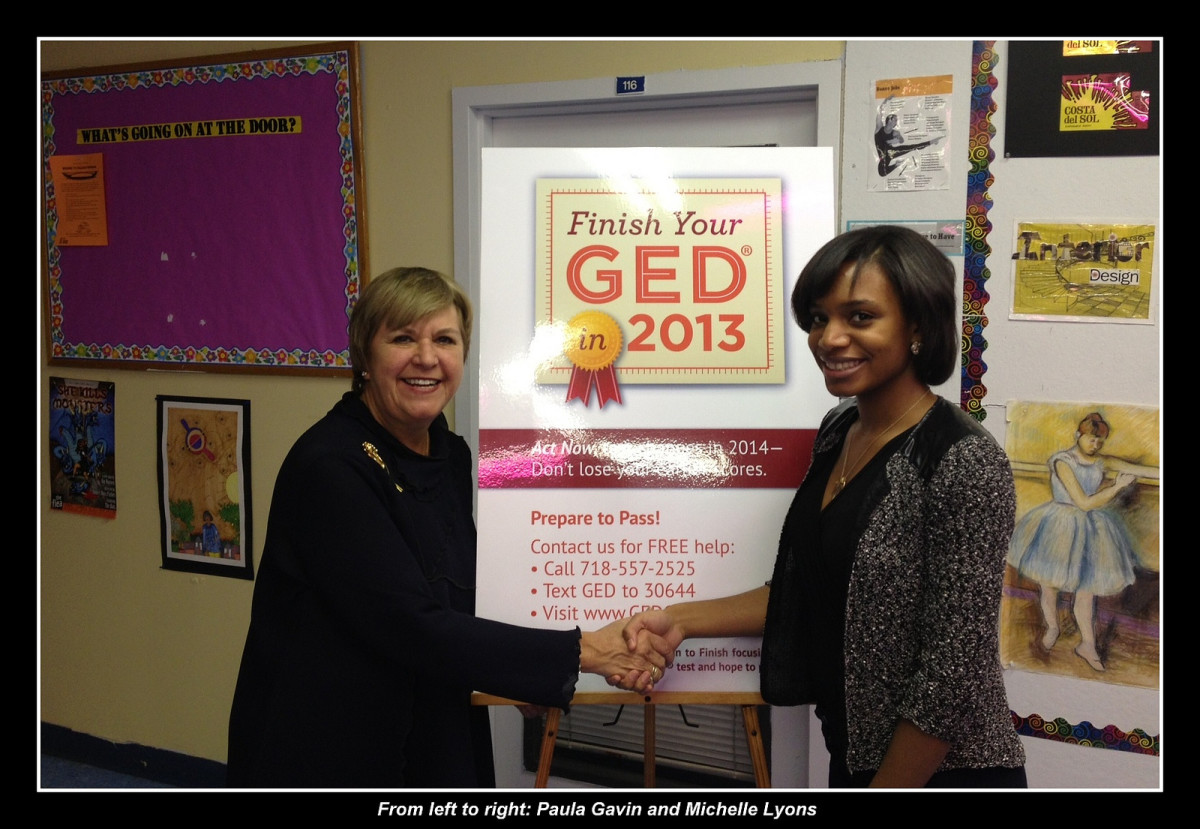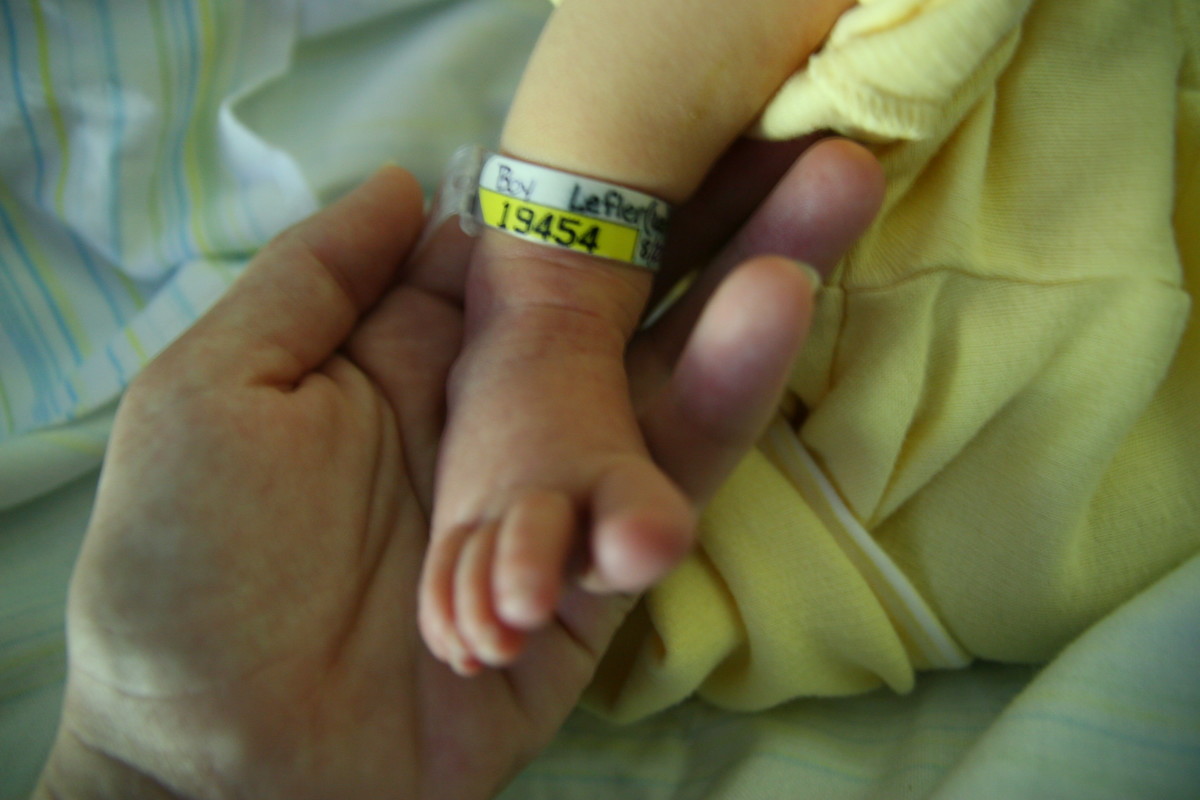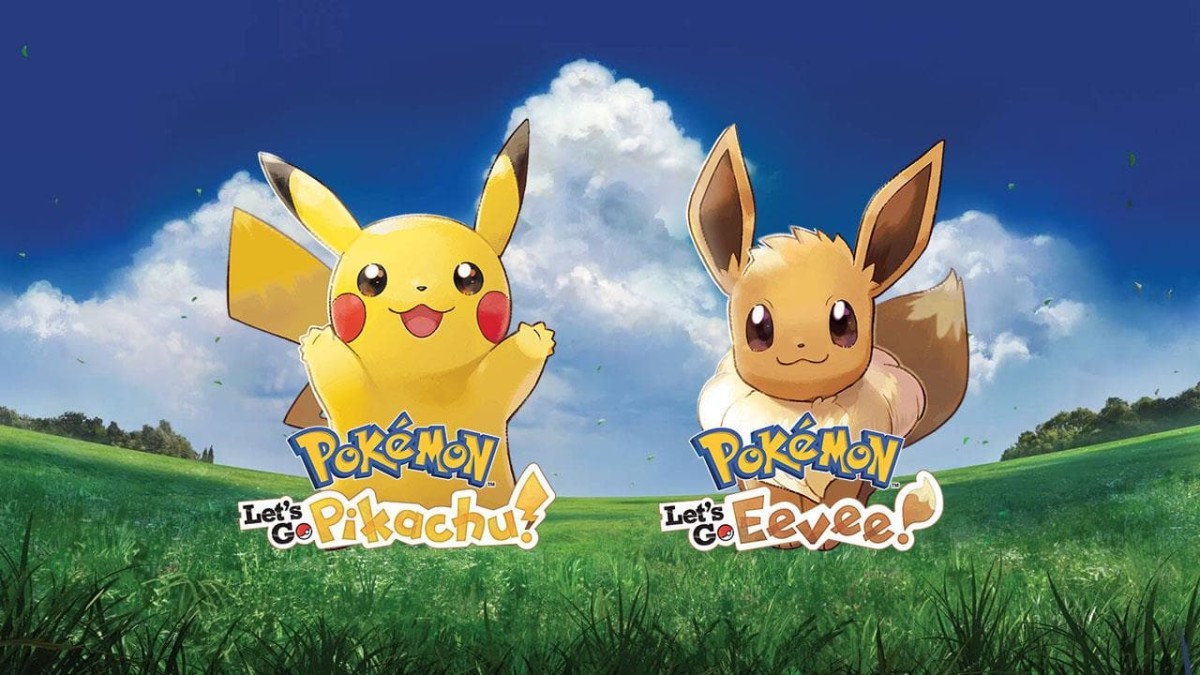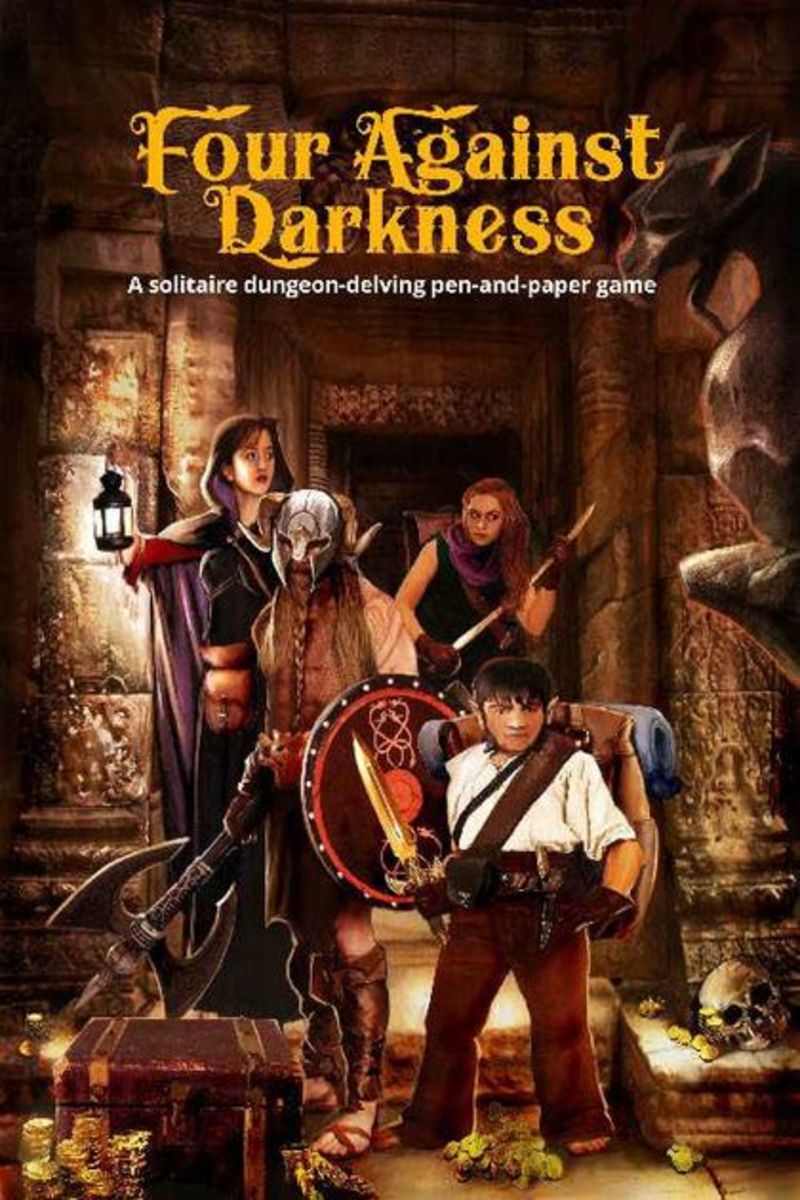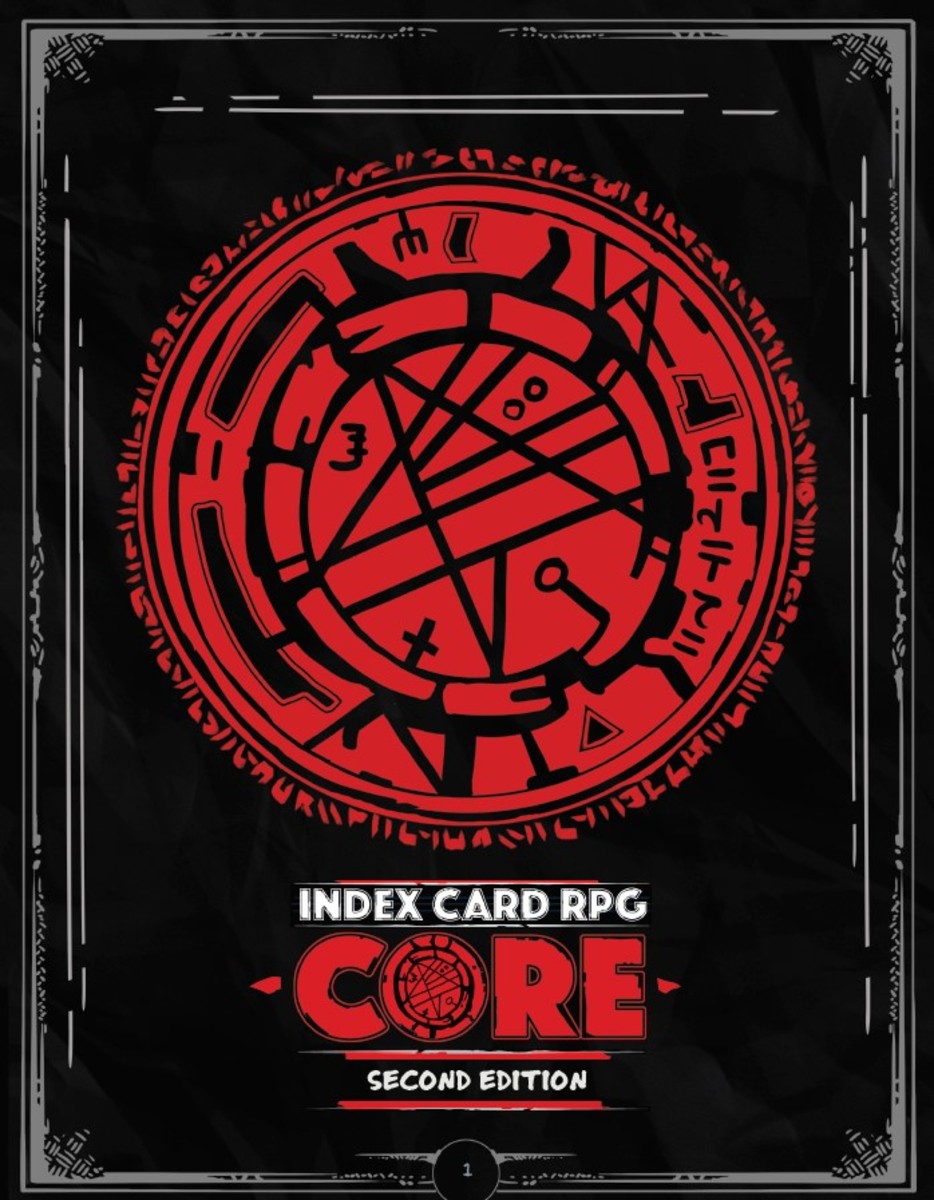Neuroshima: Post Nuclear RPG Part 3: Mechanic
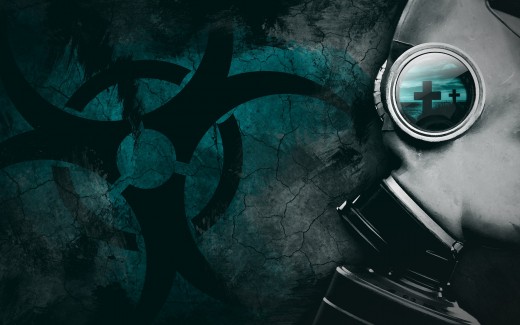
- Neuroshima - RPG system about the USA after a nuclear war. Part 1: The universe.
Do you like post-apocalyptic games like Fallout or Mad Max movies? This RPG is suitable for you. - Neuroshima: Post Nuclear RPG Part 2: Creating a Character.
In this part, I would like to show how to create a character in Neuroshima.
In the third part of Neuroshima series, I want to tell you about a mechanic, tests and their levels. How to gain and spent EXP. So it is the last part of my story about really good post-apocalyptic RPG.
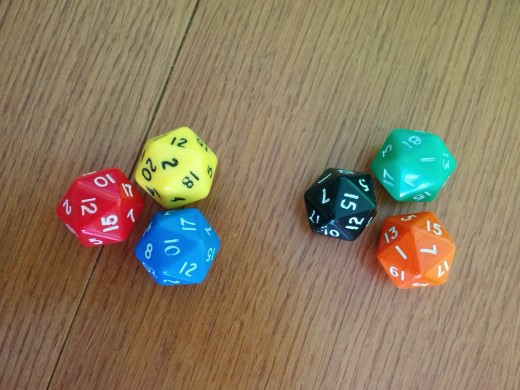
Testing - collecting of successes
Before rolling dice, Game Master must tell difficulty of a test and demanded ability. Then you roll three dice. Normally you need minimum two successes. It means that result should be lower or equal than your main coefficient connected in the ability in the difficulty.
Example part 1:
Your condition test will be hard. Your fitness is normally on 12 level, so in the hard test, you need two results under 7 (12 minuses 5). If you roll 1, 7 and 15, you pass. If you roll 2, 10 and 12, you fail.
The higher your ability is the easier pass a test. After a roll, you can subtract from results number of points equal your ability.
Example part 2:
You roll 2, 10 and 12, so normally you fail. But your condition is on 3rd level, so you can lower results about 3 points (in total, from one or two dice). So final result is 2, 7 and 12, so congratulate, you pass a test.
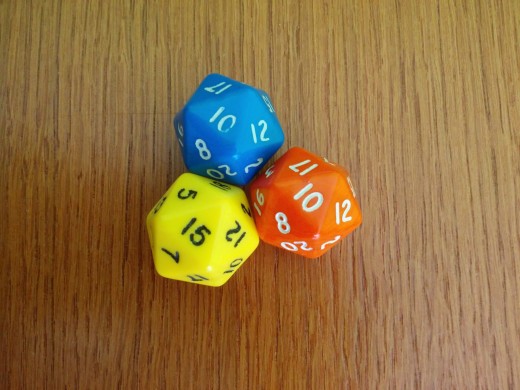
Testing - bonuses from abilities
Sometimes you are a really specialist in something. Your ability is very high, so even hard tests should be simpler for you than your friend. Mechanic in Neuroshima awards specialists. For every 4 levels of ability (it mean 4, 8, 12 ...) you can reduce the difficulty of test about one step.
Example:
You have first aid on 4 level when your friend nearly know this subject and has the ability on 1 level. Both of you have Cleverness on 12 level. Game Master is telling that difficulty of the test will be hard.
Your friend rolls the dice and gets 8, 8 and 15. After substracting 1 from ability, he/she gets 7, 8 and 15. He/she fails.
You roll dice and get 10, 10 and 15. You can subtract 4 points so your result is: 8, 8 and 15. You fail even you know first aid much better. Anyhow you could reduce the difficulty of test to problematic so you need not 7 (12-5) but 10 (12-2). So in final result, you pass.
Example no. 2:
You have first aid on 16 level and Cleverness on 16 level. You could pass miracle test if you twice roll 1. But you are a great doctor with so much experience. Doing miracles for others is just problematic for you (16:4=4 levels). In addition to it this 16 points to substract. In a result, you pass every miracle test. Every! I suppose that Game Master stop asking you to roll at all.
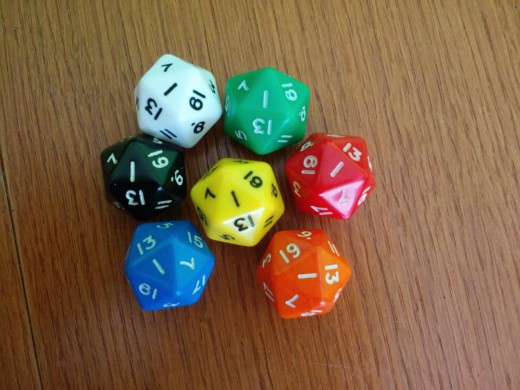
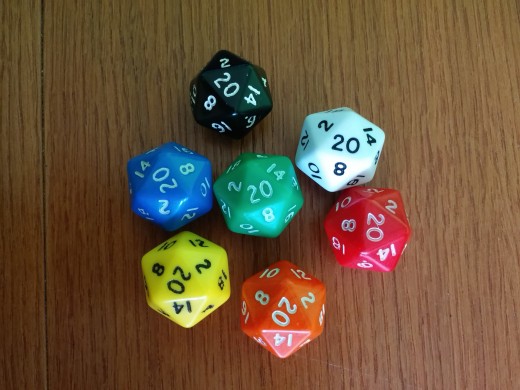
Luck and bad luck
Even highly trained specialist has bad luck from time to time. The same a laic may have incredible luck. This life situation is represented by result 1 and 20 on dice.
When you roll 1, you could lower a difficulty of test on one level. Twice 1 mean two levels down. If you roll three 1, well you can do really everything.
Similar operations you do with 20 results but in opposite way. One 20 raise a difficulty on one level, twice - on two levels, three 20 is a disaster. You aren't allowed to subtract points from ability from 20.
Opposite tests
When two characters do something against each other, we talk about opposite test. Each of them tries to pass a normal test and they compare a number of successes. When draw, Game Master decides to roll again or compares of abilities both characters.
Example:
The first character is a guard and upholds. He is trying to pass looking out a test. Difficult is normal because he stays higher and has got a clear view of all area. He passes test with two successes.
The second character is a thief and is trying to break into building. Difficult is very hard because the building is alone in the empty area, but there is near dusk. He passes test with three successes so he wins opposite test.
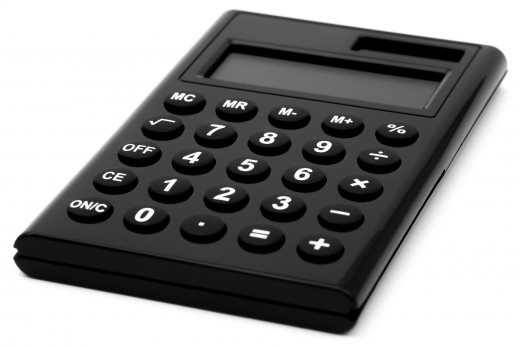
Gain and spend experience points
After each session Game Master should give experience points for players. How many? It depends on:
- how long was session?
- how many actions did character?
- how good player acted his character?
- other special occasions - rememberable jokes, innovative ideas etc.
Average points for a session are 200-300. Half of them are for acting a role. There isn't a rule that every player must gain the same amount of points for the same session. If someone stands out of others, should be reward by more points.
Experience points you could be spent on:
1. abilities
- new - 200
- on level 2 - 60
- on level 3 - 90
- on level 4 - 200
- on level 5 - 250
- on level 6 - 300
- on level 7 - 350
- on levels 8-11 - a number of level x 100
- on a level above 12 - a number of level x 200
2. main coefficient
- on levels 6-15 - a number of level x 100 (600, 700, 800 etc.)
- on levels 16-19 - a number of level x 200
- on a level above 20 - a number of level x 300
3. Trick - 200
Special rules:
- After a single session, you can increase a level of ability or main coefficient only one level.
- To buy trick you must meet all requirements and you can buy only one trick after a single session.
- You must describe how you learn a new ability. You can't learn swim if you are in the middle of a desert!
Summarise
Now you know everything to start to play in Neuroshima. You need only three dice, a couple of friends, character cards and a lot of time. And of course a lot of ideas.
If you have a question, don't hesitate to ask or comment. If you need a printable version of the character card, tell me, I'll send it to you.
Enjoy!


